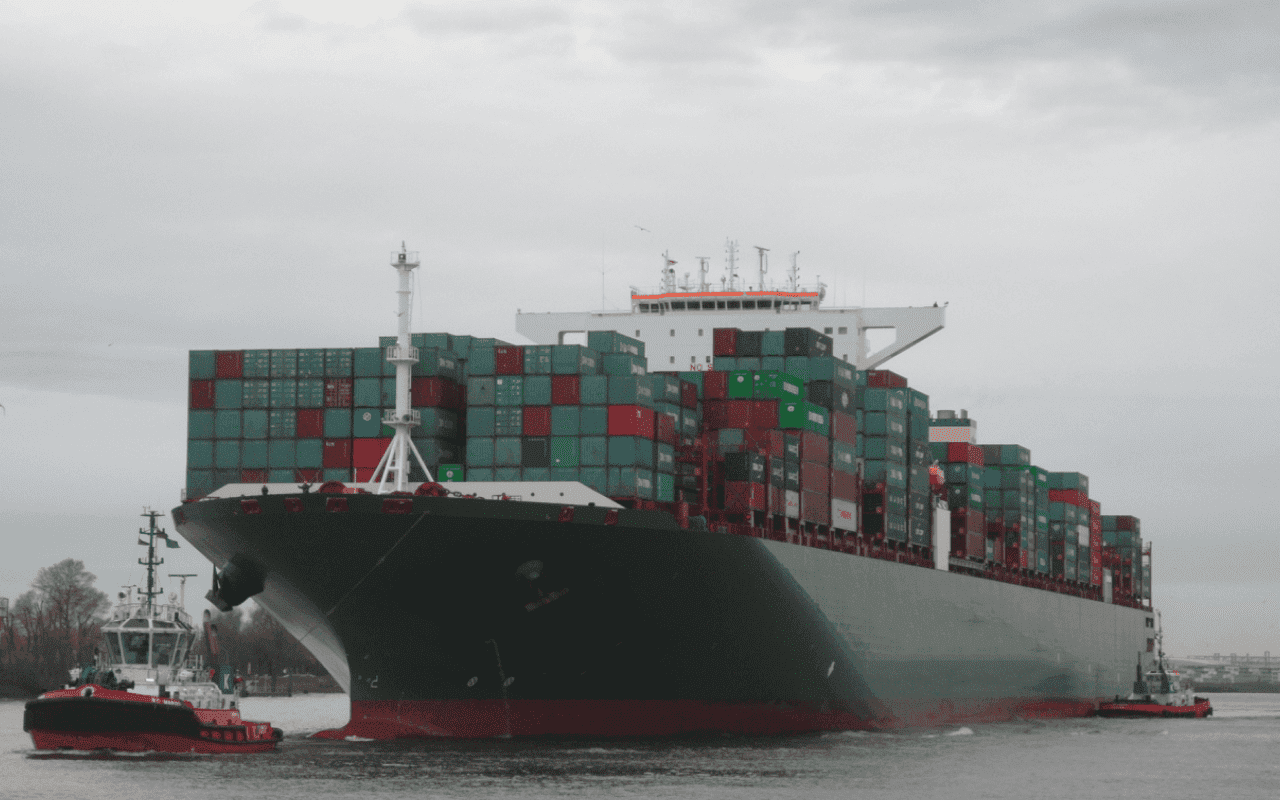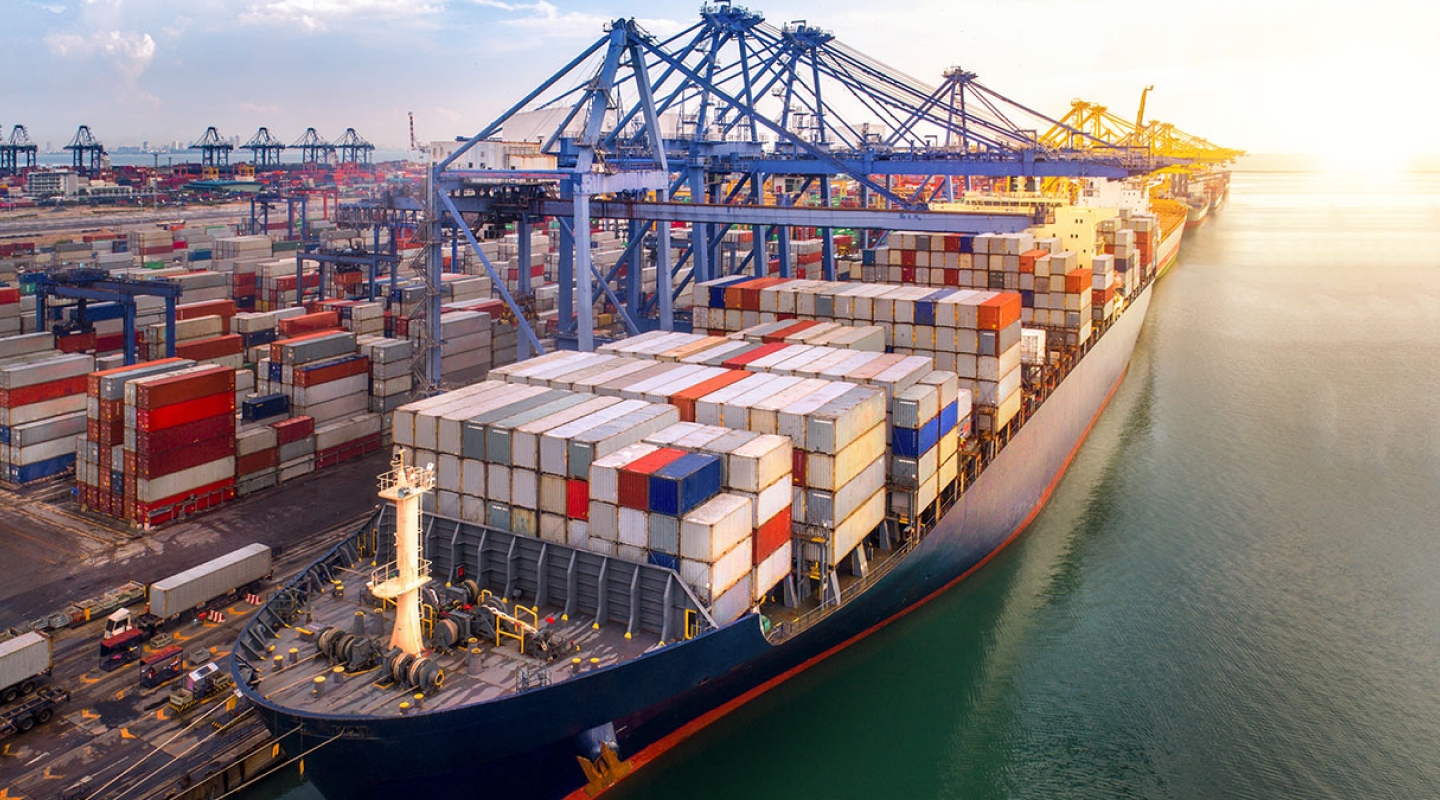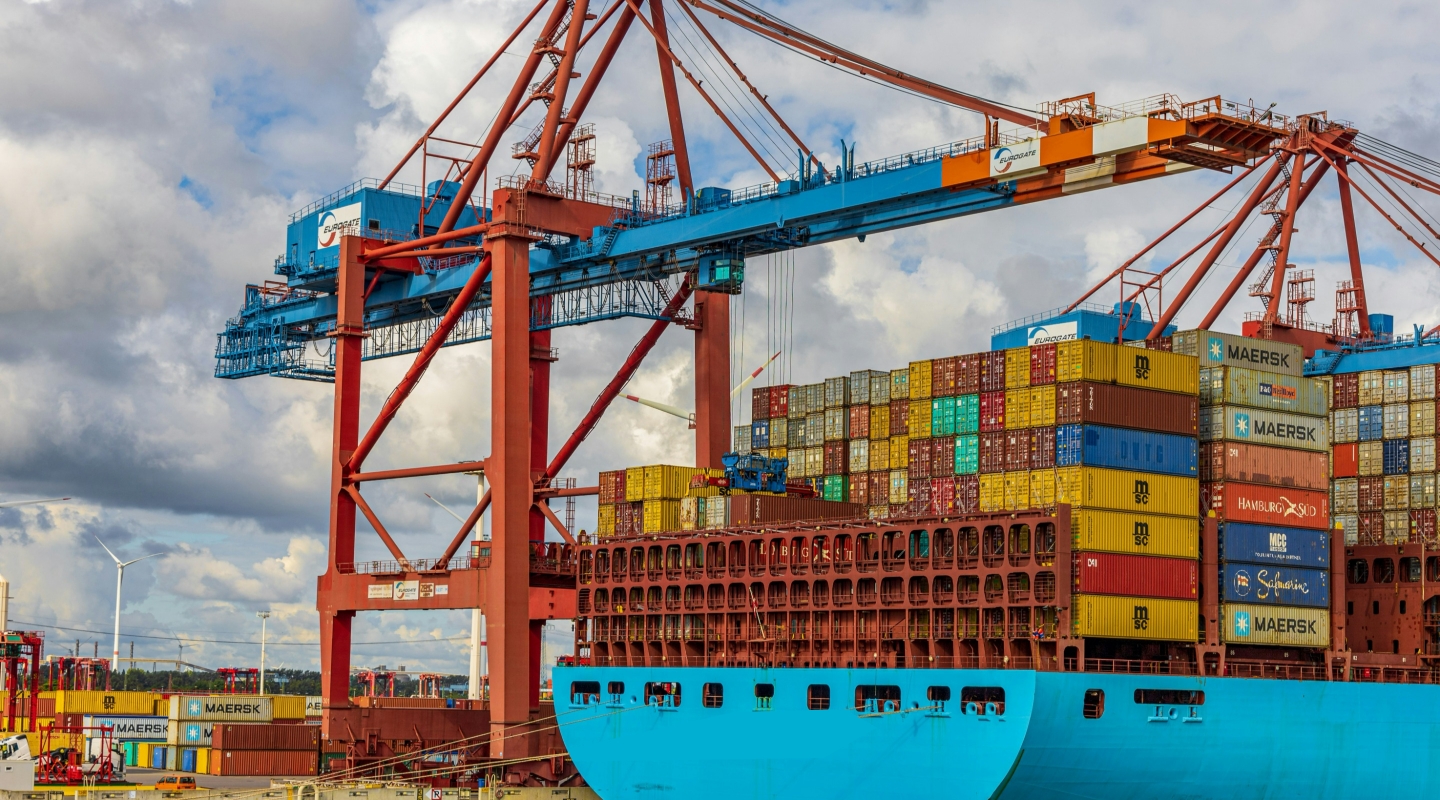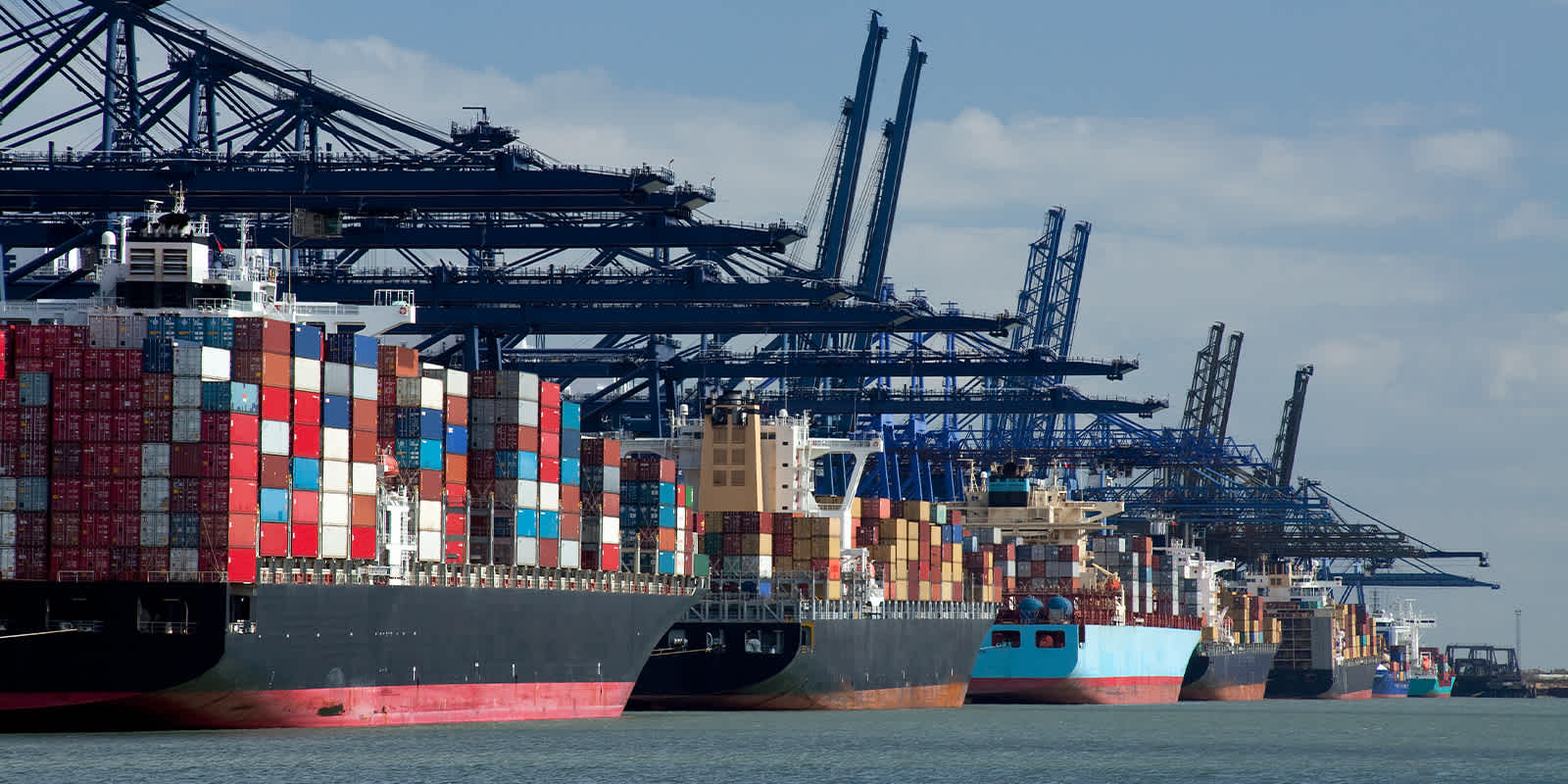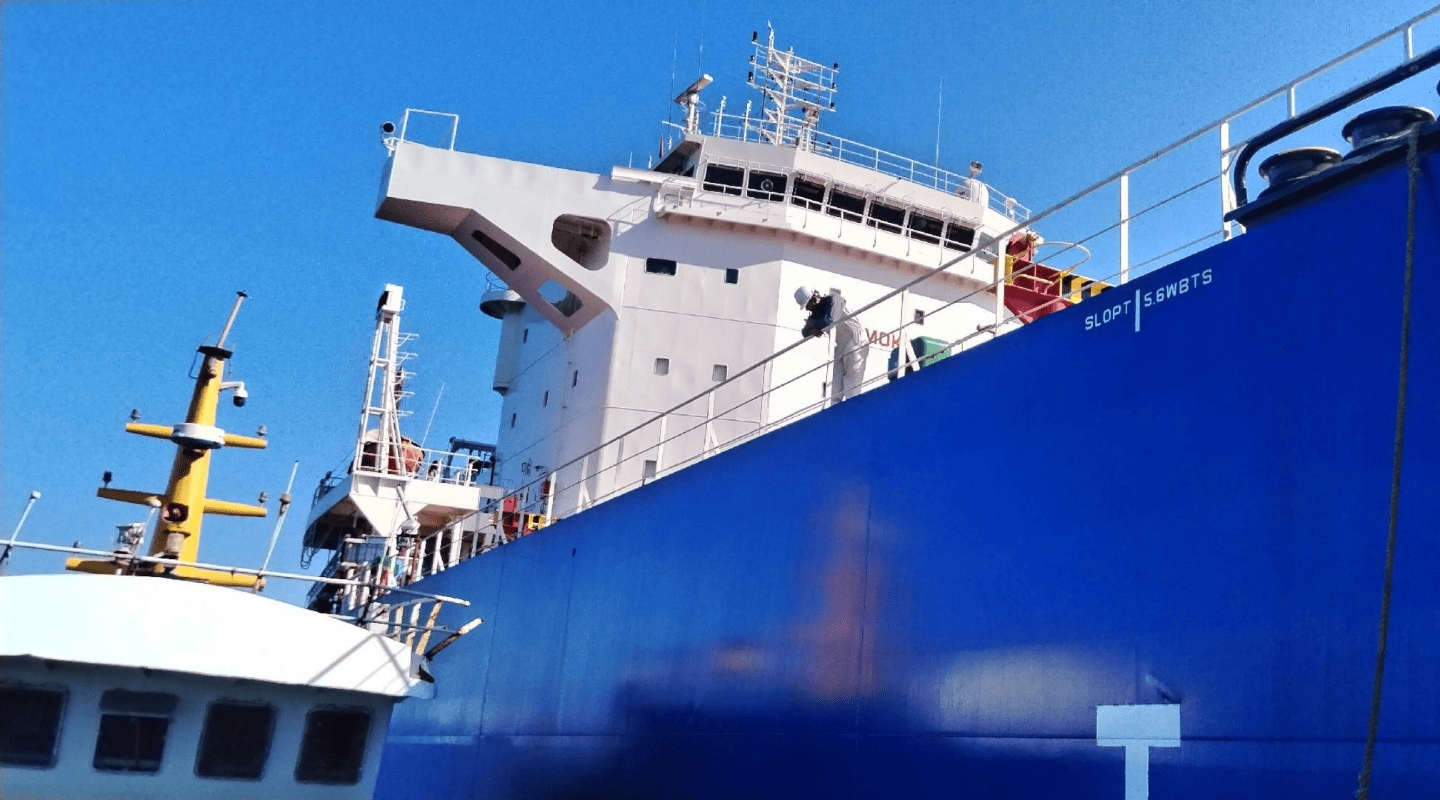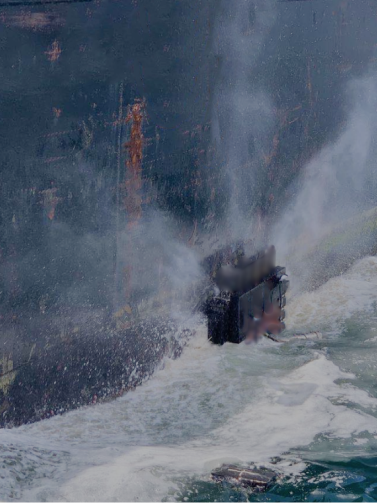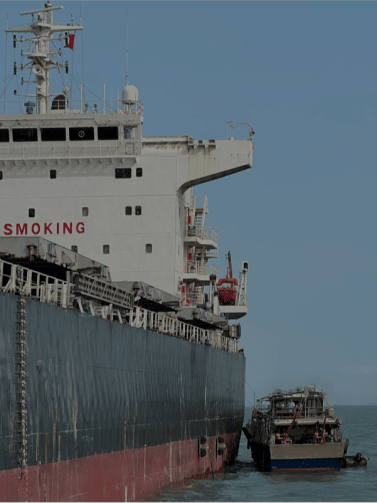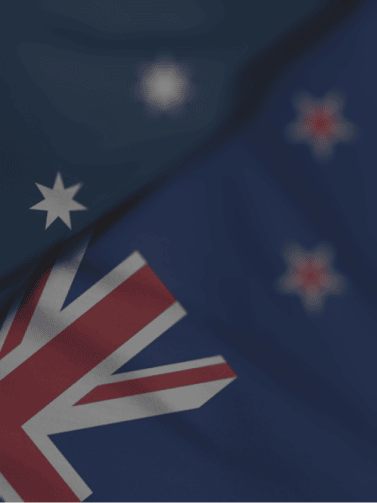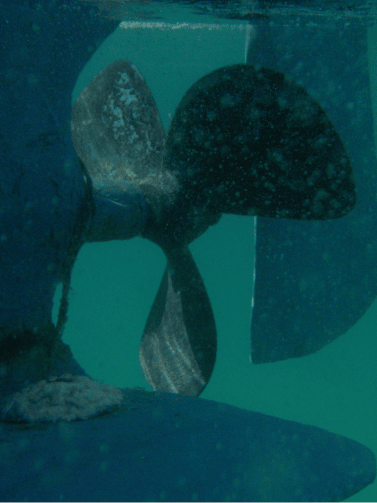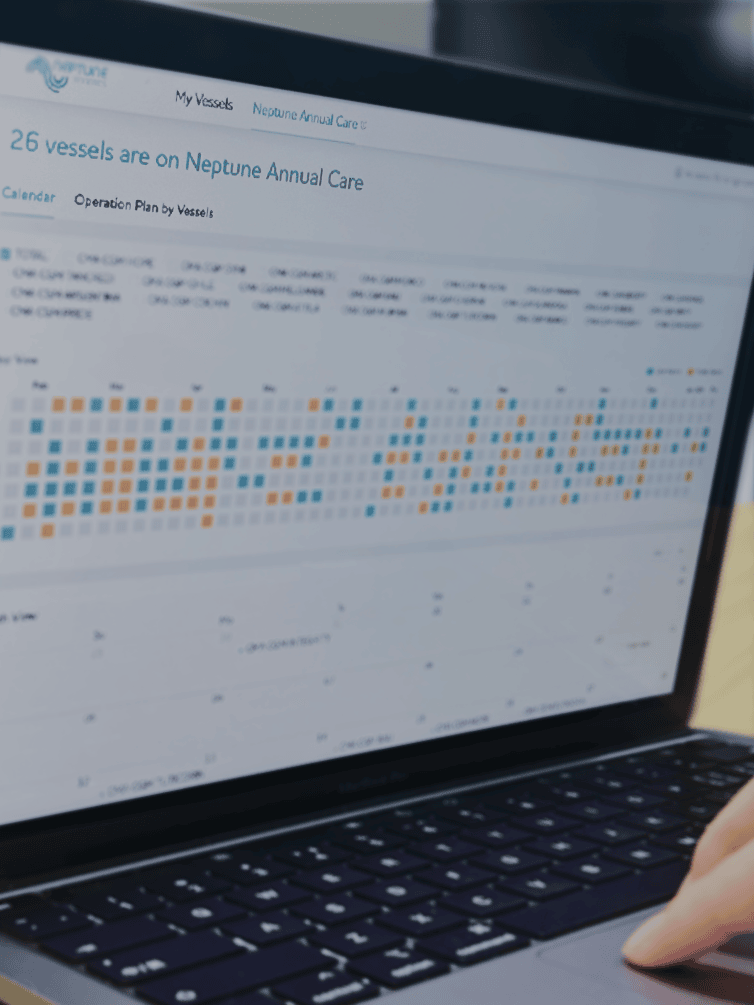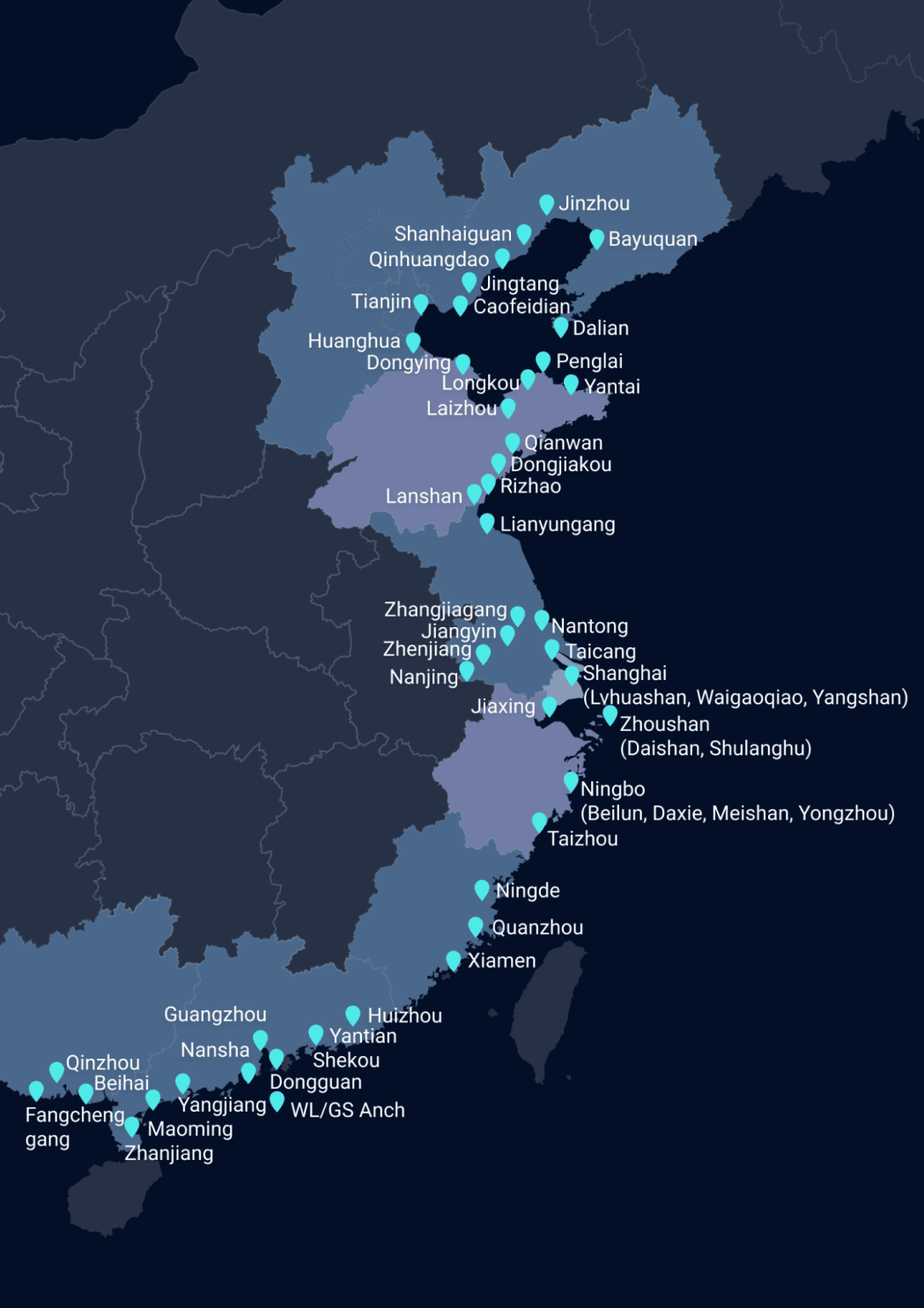“Inspection finds very small amount of dirt, but strict requirements for vessels.”
New Zealand Cruise Association
Chief Executive Officer Kevin O’Sullivan
On June 15, 2022, the Australian DAFF (Australian Department of Agriculture, Fisheries and Forestry) Biofouling Management Law officially came into effect, and until December 15, 2023, it has been a phase for educating and advising ship operators about the regulations.
During this period, Australia prohibited several ships, including cargo vessels and cruise ships, with inadequate cleanliness on their hulls from entering its ports. This led to direct expenses of several million dollars per vessel, covering fuel, crew wages, and customer compensations, until the biofouling on the vessel’s hull was cleaned.
From December 15 onward, the education phase concluded. DAFF will start rigorously addressing the issue of bio-invasion caused by foreign vessels.
This means that vessels operating on Australian routes will face more stringent information reviews and underwater hull inspections. If identified with biofouling issues on their hulls, vessels will face even greater time and cost losses.
01-Headed to New Zealand or Australia?
Not cleaning the ship means losing money?
To reduce bio-invasion, New Zealand and Australia have introduced regulations on the hull cleaning of foreign vessels: prior to arrival, proof of a clean hull must be submitted. Upon arrival, vessels failing the underwater inspections must leave territorial waters for hull cleaning.
Vessels failing the information reviews will undergo underwater inspections upon arrival. As per DAFF’s statement, this could result in vessel detention for up to 48 hours, averaging around $120,000 in berth, charter, and operational costs.
The underwater hull inspections are extremely stringent, demanding the removal of all microbial contaminants from the underwater hull, including nich areas commonly overlooked during regular cleaning operations, to meet biosecurity standards. This has led many vessels that were already cleaned before departure to immediately leave or undergo re-cleaning, as they still did not meet the standards.
It is understood that the cost of dry-dock hull cleaning for a medium-sized container ship in Australia or New Zealand exceeds $160,000.
02-Economic and Environmental Impact!
Attention on hull biofouling
With New Zealand and Australia intensifying enforcement and maritime decarbonization on the agenda, global maritime management organizations and countries are rapidly increasing their focus on hull biofouling.
Biofouling will increase hull weight and resistance, potentially causing up to a 60% increase in resistance during navigation, a 10% decrease in speed, and a 40% increase in fuel consumption.
The GloFouling report released by the International Maritime Organization (IMO) emphasizes that operating vessels with clean hulls can reduce carbon dioxide emissions by 25%, thus potential fuel cost savings of up to $6.5 million for a vessel within five years.
For shipowners/managers, whether from an economic or environmental standpoint, biofouling cannot be ignored. “This is a big problem that needs to be addressed. It has led to millions of tons of excess emissions in the shipping industry and caused enormous financial losses,” said the environmental NGO Belrona Foundation.
03-IMO Recommended Practice:
Regular, proactive hull cleaning
Historically, shipowners/managers have effectively managed their fuel expenditure costs through regular, proactive in hull cleaning. Now, due to the impact caused by invasive aquatic species and maritime carbon emissions, it has become one of the most strongly recommended shipping practices by the IMO and various other marine organizations.
Neptune Robotics offers ship inspection and cleaning services that transcend water conditions, weather, and time. Without needing dry-docking, underwater cleaning is performed when ships are anchored or docked, with operations covering North China, East China, and South China regions.
Neptune is well-versed in adhering to the biofouling management regulations in Australia and New Zealand, providing an annual cleaning/inspection plan with visualized and digitized inspection reports. Hull cleaning complies with Australian and New Zealand standards, helping shipowners/managers submit information files before arrival, ensuring vessels meet the standards of both countries throughout the year.
Currently, hundreds of vessels have undergone Neptune’s “Neptune Annual Assurance Program (ANZAC Specialized),” receiving hull cleaning that meets the biosecurity levels of both countries before departure. They have acquired written evidence of actively managing biofouling, avoiding refusal of entry due to non-compliance, and maintaining regular operations.
